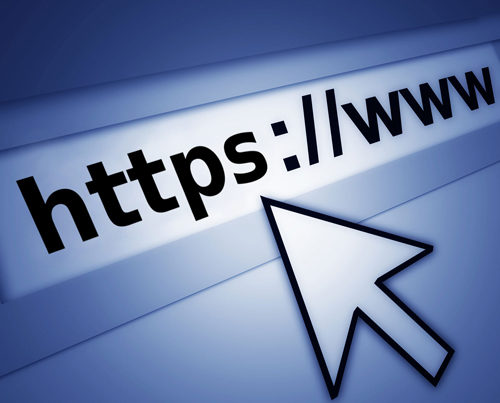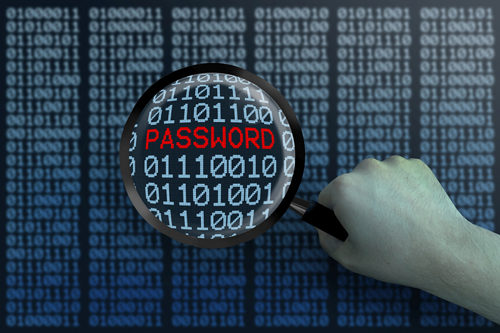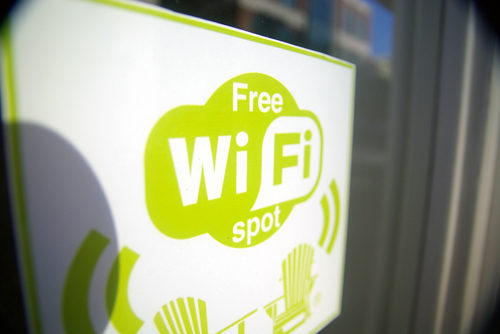For most people, playing video games is a harmless activity. But as our games start to enter the online realm, they open up the doors to all manner of potential dangers.
Whether it’s using credit cards to buy in-app purchases, or even engaging in social activity in an online multiplayer game, there are always a few things that must be in the back of the gamer’s mind.
So here is a quick checklist of the potential dangers of online gaming, and how you can secure yourself against any unwanted security threats.
Personal information

There’s been an explosion of games that make use of ‘social’ features to add an extra dimension to the gameplay. Whether it’s casino gamers chatting in real-time over their poker tournament, or League of Legends fans sharing tips over their battle arena conquest, it’s become clear that many modern games have a tendency to facilitate interpersonal communication.
But whilst this is usually a harmless and fun activity, it’s important to remember that the people that you are communicating with might not always be as genuine as you may hope. This is why it’s good to remind yourself about the kinds of things that you should never share online, as although gaming is a fun activity, it has been shown to attract some unscrupulous individuals.
So be sure to avoid providing personal information such as addresses and telephone numbers, and don’t open email attachments from people that you don’t know.
Financial considerations

Many modern games now have a financial aspect that means that it’s hard to avoid placing a greater degree of trust in the games provider. This is especially common in the online gaming realm where people use card information to buy gaming apps, in-app purchases, and even make bets on games.
So what can you do to ensure that you financial information doesn’t fall into the wrong hands? The first thing to do is to check the details of the gaming provider. Whilst the likes of the App Store and Google Play are relatively simple to trust, for lesser-known gaming providers, it can be harder to spot any potential risk.
Most of us will know how to check for the small ‘padlock’ symbol in the address bar, and a ‘https’ in the address should mean that the site is secure. But there are other ways that we can check whether a company is reputable.
Ensuring that the site has a real physical address and decent and updated customer contact information is essential. Plus many gaming websites like Lucky Nugget Casino will endeavour to help you become 100% confident in cyber security by illustrating how they are part of registered standards schemes like eCOGRA.
But above all, it’s always being safe rather than sorry, and remember that you should never be asked to provide your PIN number or personal banking password.
Password complexity

Changing our passwords regularly is one of the best ways that we can attempt to stay safe in the online domain. This is because passwords are often the weakest link in the security chain and as such, special consideration must be given to keeping them as hard to guess as possible.
Even simple browser gaming sites like Miniclip and Kongregate allow gamers to create profiles, and so it’s a good idea about making sure that your password complexity is maximised.
There’s plenty of debate in the online community about what constitutes a strong password. But in general, avoiding standard English words, having a good combination of capital and lower-case letters, and mixing up numerals and letters is a good way to stop anybody guessing your password.
And with debilitating cyber-attacks hitting our internet providers with greater frequency, it’s clear that simply by changing our password on a regular basis, we’ll stand a better chance of avoiding such unwelcome attention.
Connection issues

It’s also a good idea to have a think about the internet connection that you’re using to carry out your gaming activity. Whilst most of us will be gaming over our own private broadband connection, with the advent of mobile gaming, most of us will start to use public Wi-Fi and 4G data networks.
Although this shouldn’t pose too much of an issue when playing a simple title like Pokémon Go, if the game involves making deposits and receiving payments, it’s a good idea to do so away from public Wi-Fi.
This is because the Wi-Fi in areas such as hotels, restaurants and railway stations is insecure and as such it’s fairly easily for someone to snoop on your online activities. As a result, it’s best to avoid carrying out financial tasks like entering credit card information over such insecure connections.
And finally, regardless of whether you are playing a casino game or buying a gaming app from an app store, it’s probably best to remember the maxim: if it looks too good to be true, it probably is!
